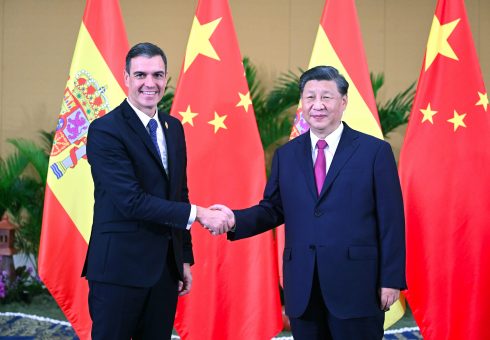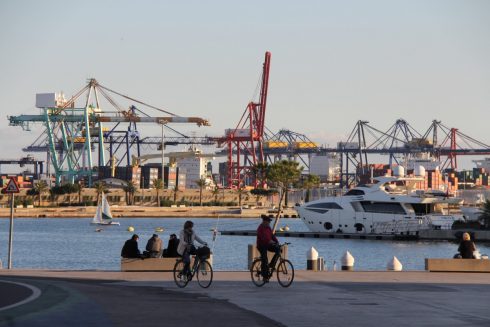The conservative Popular Party (PP), which is predicted in the polls to win the upcoming general election on July 23, has this week made its electoral manifesto public. Among its commitments is the overturning of ‘sanchismo’, as the policies of the Prime Minister Pedro Sanchez are known.
The PP leader, Alberto Nuñez Feijoo, presented the program on Tuesday. Contained within are a series of measures that would revert the course plotted out over the last nearly four years by the coalition government, which is headed up by Sanchez’s Socialist Party and junior partner Unidas Podemos.
The PP, which was ousted from power in 2018 by a vote of no confidence, is planning to overturn a new housing law introduced by the government that puts limits on rent rises for tenants, something that experts believe could see a spike in prices according to radio network Cadena SER.
According to Feijóo, the party will also scrap a wealth tax if it gets into power. This levy is applied to anyone with assets valued at more than €3 million.
The minimum wage will also not be raised by the PP, the program states, if businesses are opposed. Under the current left-wing government, the minimum wage has risen 8% in the last year to €1,080 and nearly 50% since the Socialists and Unidas Podemos came into power in early 2020.
As for pensions, the PP has not committed to raising them in line with inflation but instead merely states that it will ‘ensure the sustainability of the pensions system’.
The PP will also scrap the so-called ‘Iberian exception’, a price cap on energy that saw the government intervene in the electricity wholesale market. Figures from the government quoted by Cadena SER suggest that the policy has saved some €5 billion on electricity bills, meaning that Spain has been one of the countries with the most stable and cheapest electricity markets since the outbreak of the war in Ukraine.
“Spain has to be in the centre of the energy debate in the EU and not have an energy policy that has isolated us from the EU’s proposals, something that has caused regulatory insecurity,” the program states.
While the PP is likely to win the most seats in the July 23 snap election, it is not predicted to win an absolute majority. The party is expected to explore a coalition deal with far-right Vox but even by joining forces the two right-wing groups may not have enough seats to form a government without votes from other parties.
Read more:
Popular Party in Extremadura does complete U-turn and will enter into government with far-right Vox








